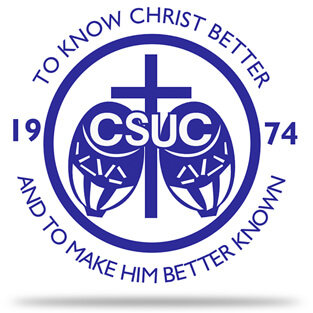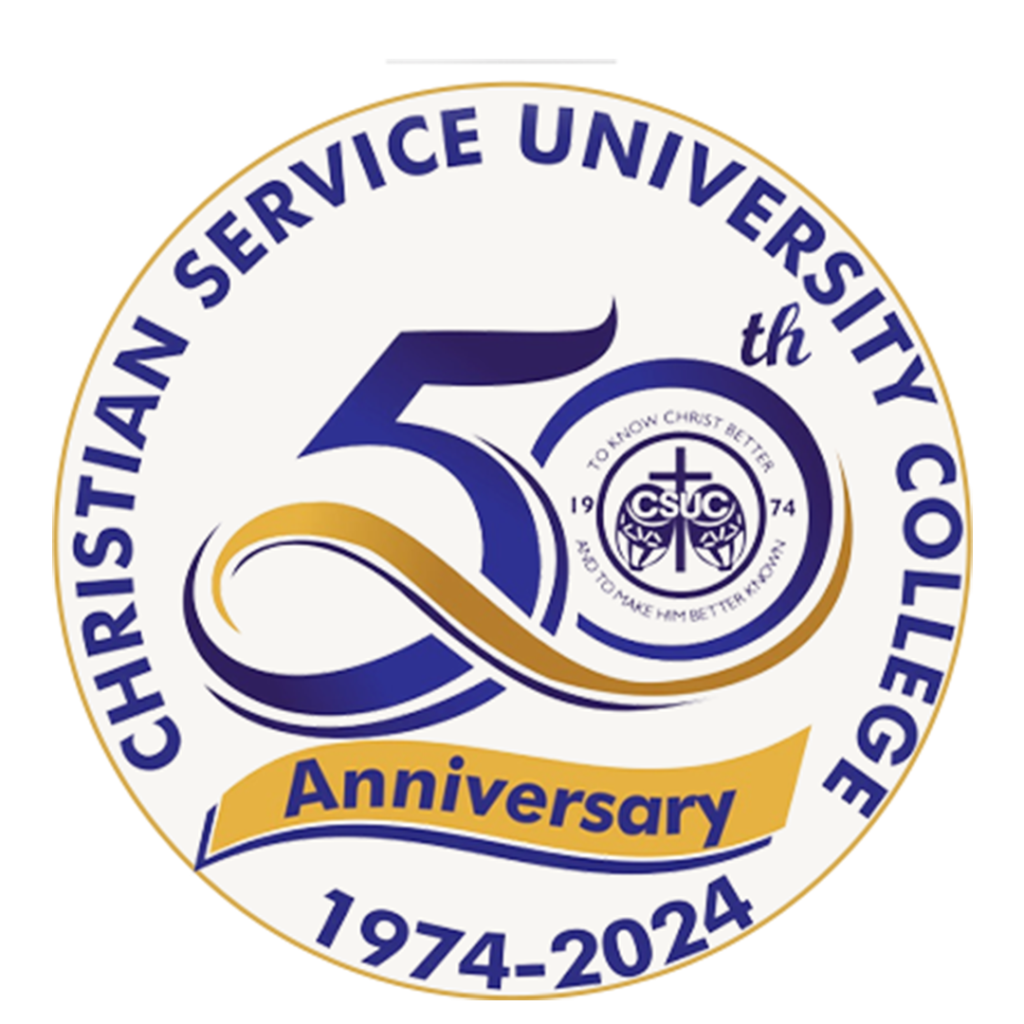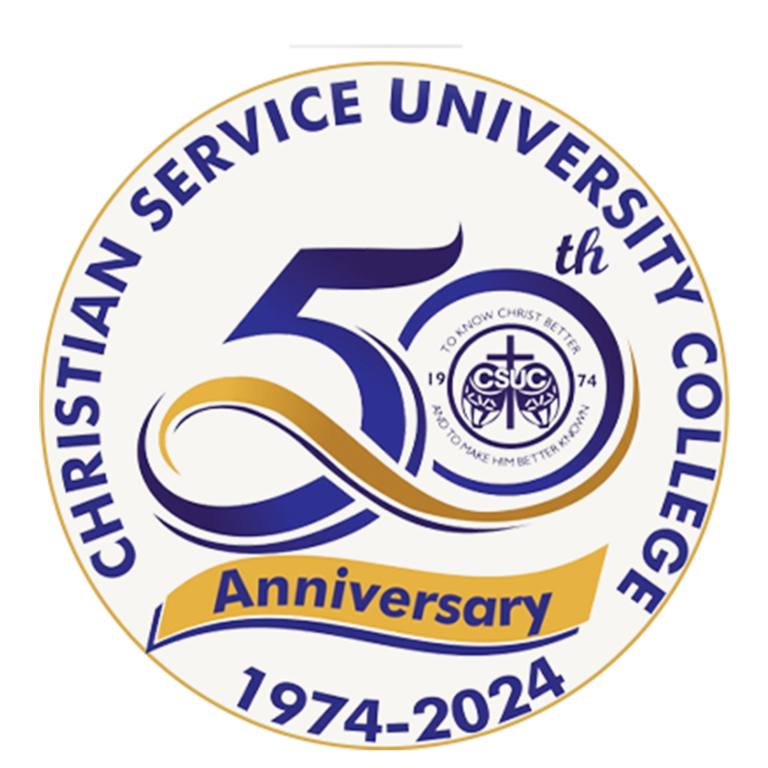Today, we are gathered here to celebrate the legacy of Dr. Martin Luther King, Jr, and honor a Ghanaian citizen, the Most Reverend Professor Emmanuel Asante, who exemplifies Dr. King’s legacy by striving to promote peace and security throughout Ghana.
Originally initiated in 2007, the Martin Luther King, Jr. Award for Peace and Social Justice recognizes Ghanaian citizens who personify the philosophy and actions of Dr. Martin Luther King, Jr., by helping to build a culture of peacemaking, dialogue and conflict resolution.
The award honors activists who promote social justice, stability, human rights and peace through nonviolent means. Past recipients of this award include distinguished Ghanaian citizens who are promoting peace and security in their local communities and throughout the region, providing health services to underserved populations and advocating for victims of human trafficking. Although working on different issues in various parts of the country, all of the recipients of this award have one thing in common – they are striving to strengthen Ghanaian institutions and empower its citizens.
Dr. King’s message of peace and conflict resolution through dialogue and non-violent interaction still resonates today – in the United States, in Ghana, and around the world. Therefore, it gives me great pleasure to present this award today to the Most Reverend Professor Emmanuel Asante, whose life and work epitomize Dr. King’s legacy.
The U.S. Embassy has selected the Most Reverend Professor Emmanuel Asante to receive the 2014 Martin Luther King, Jr. Award for Peace and Social Justice in recognition of his unwavering commitment to promoting peace and security throughout the country during Ghana’s 2012 presidential and parliamentary elections.
The Most Reverend Professor Emmanuel Asante played a significant role in engaging with the various stakeholders to maintain peace and calm in the country before, during and after Ghana’s 2012 presidential and parliamentary elections. The Most Reverend currently serves as the Chairman of the National Peace Council and also as the Presiding Bishop of the Methodist Church of Ghana.
Throughout Ghana’s 2012 presidential and parliamentary elections the demand of the citizenry on the government and the political parties to ensure transparent, accountable and peaceful electoral processes before, during and post-election was high. During this 2012 election period, in his role as Chairman of the National Peace Council, the Most Reverend Professor Asante undertook various interventions in collaboration with other partners to consolidate peace in the country.
The interventions included dialogue with the various political parties; engagement with institutions such as the media, the judiciary, the security services and the electoral commission; development of a strategic plan; visits to potential conflict sites across the country; and organization of capacity-building drives and peace campaigns.
Through the Most Reverend Professor Asante’s leadership, the National Peace Council visited four communities that had experienced intra-community conflicts prior to the 2012 elections. The Council’s engagement of the leadership of the communities at different levels yielded promises to ensure peaceful coexistence. As a result, tensions were calmed and platforms for dialogue and mediation were created. Additionally, the Most Reverend Professor introduced the Ambassador for Peace Initiative and organized Peace Walks across the 10 regional capitals. He engaged with the National Youth Authority to organize the National Peace Rally in Takoradi, under the theme “Partnership Christian Youth for Peaceful Elections.”
Perhaps the Most Reverend Professor Asante’s greatest achievement during the year was his collaboration with Manhyia Palace, the Institute of Democratic Government, UNESCO and other actors and institutions to encourage all the presidential candidates to sign a Peace Pact to symbolize their commitment to fighting electoral violence, impunity and injustice in Ghana.
Following up on the positive impact of the Peace Pact, the Most Reverend Professor once again coordinated with all stakeholders to convene a national Peace Summit before the Supreme Court delivered its verdict on the presidential election petition in order to increase citizens’ awareness and put them in a better state of readiness to cope with the outcome of the verdict.
All of these programs and activities initiated by the Most Reverend Professor Emmanuel Asante exemplify the principles for which Dr. King fought so hard. Indeed, some fifty-seven years ago, a young Dr. King witnessed the first raising of the Ghanaian flag. That moment inspired Dr. King to later comment, “Ghana reminds us that freedom never comes on a silver platter. It’s never easy. But finally, Ghana tells us that the forces of the universe are on the side of justice.” After witnessing Ghanaians claim their independence, Dr. King redoubled his efforts to ensure that African-Americans, too, could be the authors of their own future. I dare say that if he were alive today, Martin Luther King, Jr. would again be inspired by the work of our honoree today.
It is now my honor to call the Most Reverend Professor Asante to come up and receive the 2014 Martin Luther King, Jr. Award for Peace and Social Justice.
Source: http://ghana.usembassy.gov/pr-02072014.html


